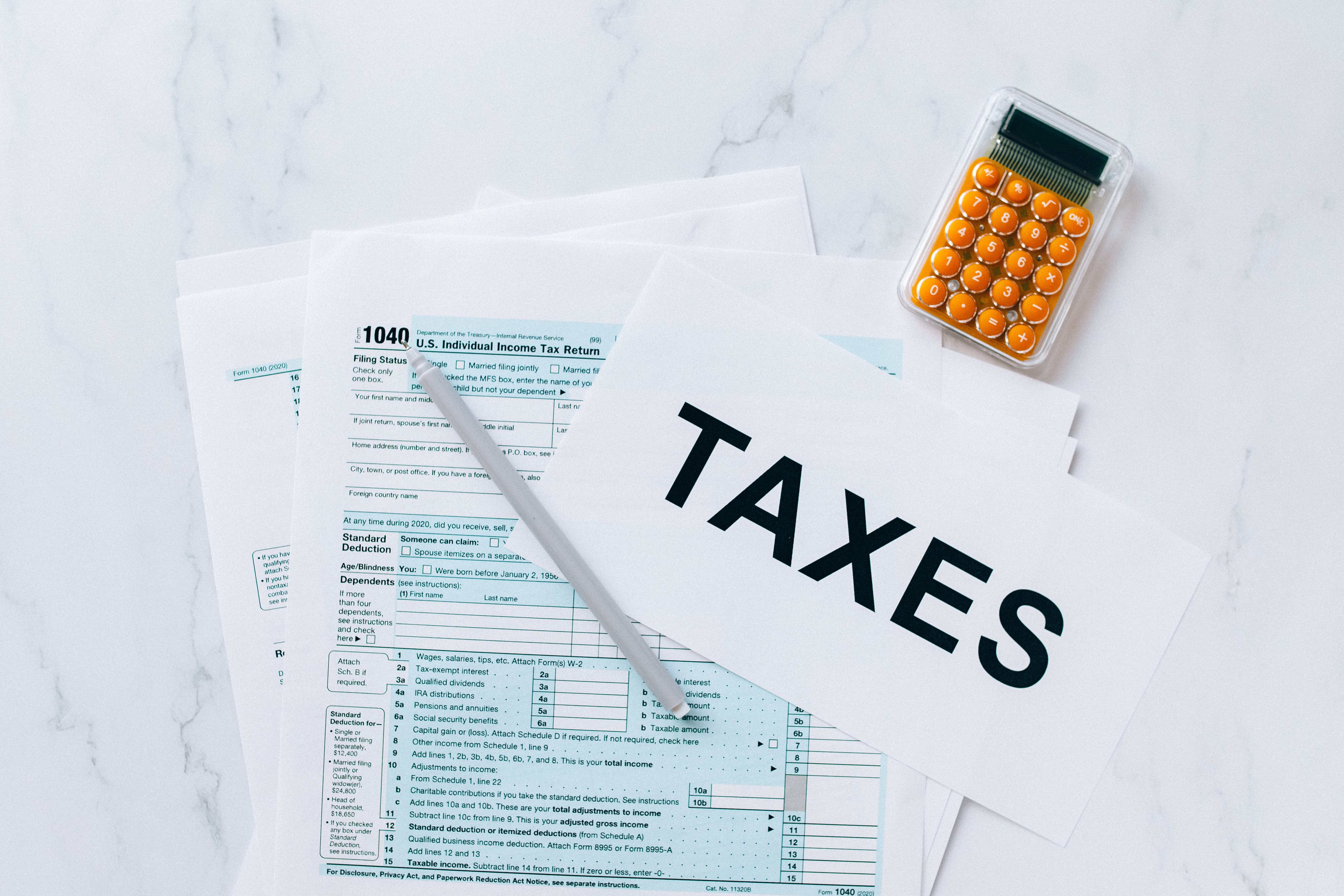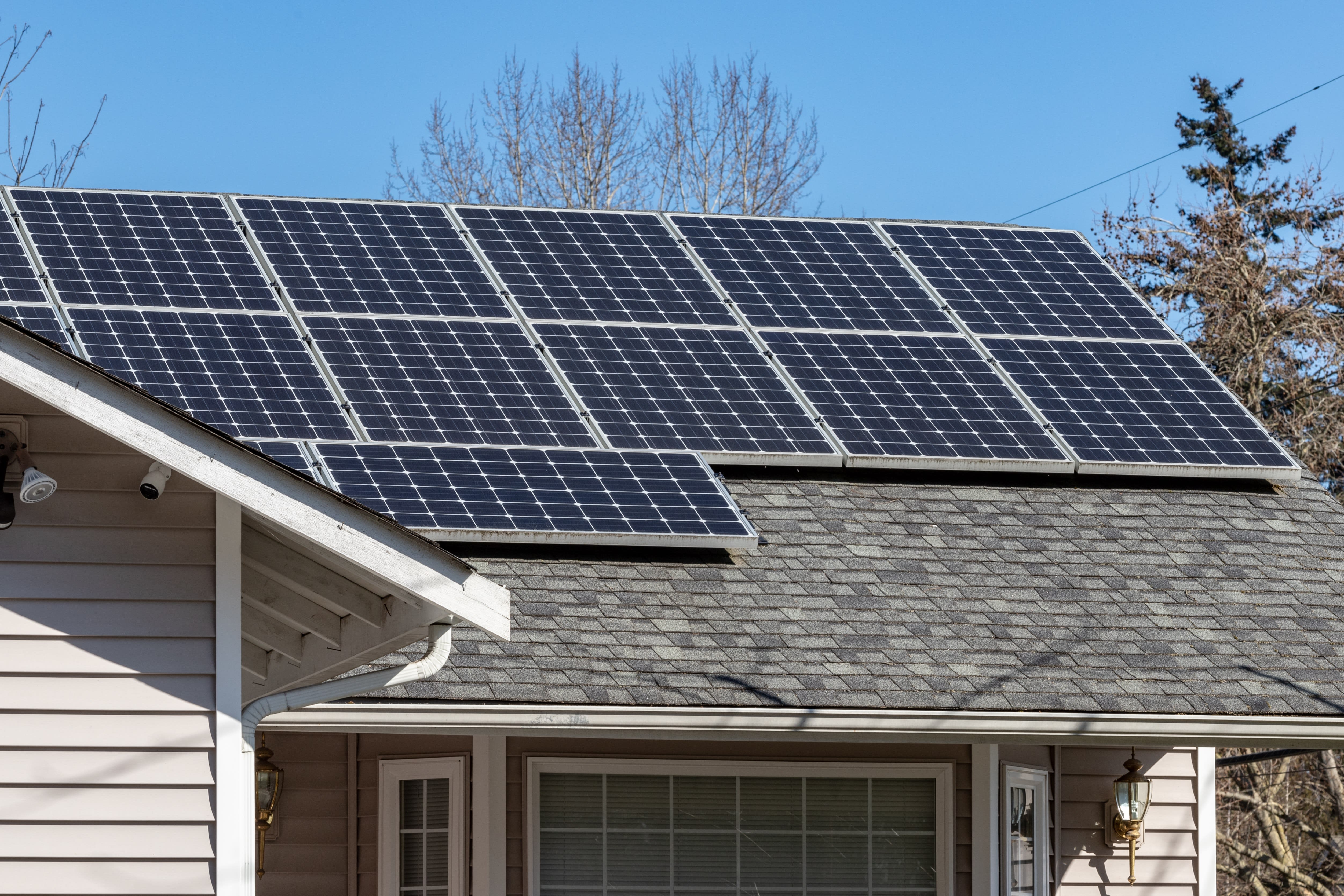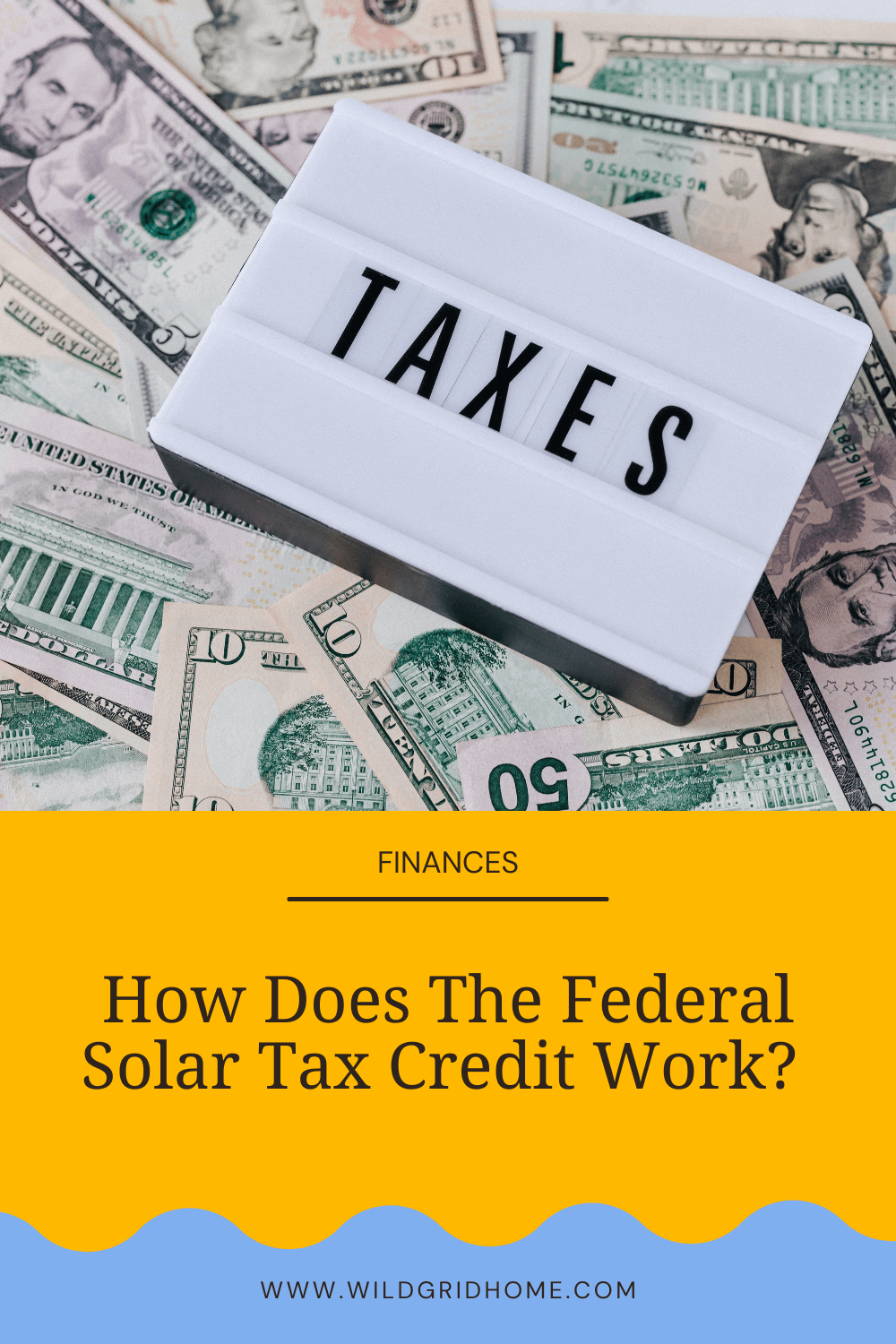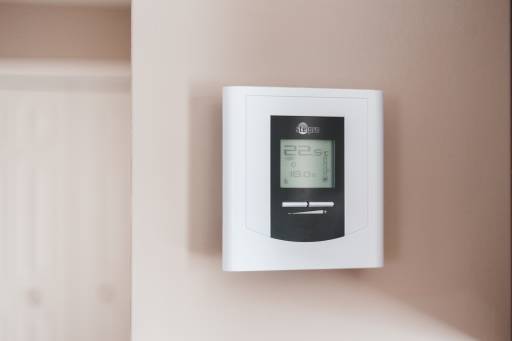How Does The Federal Solar Tax Credit Work?

The federal solar tax credit - and to be honest, a lot of the cool programs meant to incentivize homeowners to be more sustainable - can feel really overwhelming. We're here to demystify solar tax credits and share exactly how they work.
The short answer: the federal solar tax credit (you'll see it officially called the Federal Solar ITC AKA Investment Tax Credit) provides a 30% tax credit for solar systems installed through 2032.
It's most beneficial for folks who pay a lot for their electricity, plan to buy their solar panels outright, and plan to stay in their home for a while.
The long answer:
Here are 5 important things to know about the federal solar tax credit:

1: It's a tax credit, not a check
No, the government won't exactly be cutting you a check and popping it in your mailbox; instead, it allows you to reduce the federal income taxes you owe by whatever that 30% ends up being.
You must take the tax credit in the year your solar panel installation is completed. So if, for example, you owe $10,000 on your taxes that year, you'll apply $10K to your bill that year and break even.
You will not, unfortunately, get that $2000 extra back in cash but you can roll it over into a later tax year. You can see, then, that for folks with lower tax bills this is a less appealing option.
2: You don't get the tax credit with a solar lease
So here's the deal: you have to own your solar panels to qualify for the federal solar tax credit. When you sign a solar lease, you are essentially renting the panels from the solar company and THEY get the tax credit.
When it comes to payment plans, this means you either pay in cash or set up a loan to pay off the panels.
3: Talk to a tax professional
Like all things tax-related in the US, this isn't rocket science, but they also don't make it easy. If you're not sure about anything, it's best to talk to a tax professional before you make any decisions. Every person's financial situation is unique & different and traditional rooftop solar may not be the best option.
Most important to know? You'll need to fill out IRS form 5695 along with your tax return. You can also talk to one of our pre-vetted contractors who are super knowledgable about getting the tax return and won't spam you like!

4: Your installation has to be complete before you're eligible
You can't receive the tax credit until your solar panel system is completely installed, so make sure to factor that into your financial planning as you get started.
But no worries, you've got plenty of time: your system has to be installed before 2032, to receive the 30% tax credit. You still have almost a decade to get your finances in order for this big step!
5: The Federal ITC can expire!
The tax credit begins to expire starting in 2032. In 2033, the tax credit drops to 26%, 22% in 2035, and 0% after 2035 - unless Congress decides to continue it.
The credit will likely go down after 2032, it previously dropped from 30% to 26% in 2022 before going back up to 30%.
But - like we mentioned - that means there's plenty of time to plan and consider what's best for you!
Going solar is a big decision - we'd love to help you decide whether rooftop solar a good fit for you or not! Explore our dashboard to educate and empower yourself in this big decision!



